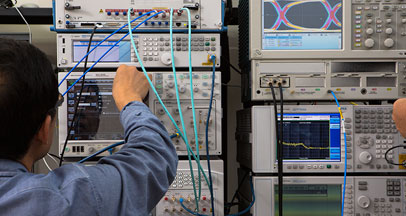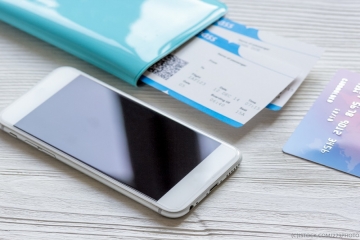Huawei expands R&D spend to $8.1B, targets more joint research
Richard Yu, CEO of Huawei’s consumer group, said, “We know we have to build up our capabilities to prepare for the next generation of smartphones.”
The Shenzhen-based company is expanding its total (networks, devices and enterprise) R&D budget from CNY40 billion ($6.5 billion) last year to CNY50 billion ($8.1 billion) this year. It has 76,000 employees working in R&D.
Speaking at the Global Device Summit Tuesday afternoon, Yu claimed Huawei’s R&D spend is higher than the industry average in China and on par with Apple and Samsung. “This level of investment is necessary to prepare for the future as we look 10 to 20 years out.”

Huawei is aiming to expand its networks, devices and enterprise this year
Huawei understands it needs global cooperation to innovate faster, he said. “The future vision requires a lot of collaborative efforts and we plan to work with the best companies in the world on joint research.”
Its smartphone shipments in the first half of the year reached about 50 million units, he said. “We are registering very fast revenue growth for high-end smartphones, which is contributing to profit margin growth that is better than our guidance.”
Because of its focus on the mid-range and higher-end segments, its revenue growth has been higher than shipment growth, he said.
Yu also shared his observations about for the future development of mobile devices, noting that many vendors are talking about moving from “smart” to “intelligent” devices, but asked what does that mean?
Huawei is preparing for AI to be incorporated in future devices and expects to see more harmony between the physical and virtual worlds. “As more activities become digitised, the two worlds will become interchangeable,” he suggested.
He also said the power of cloud computing, big data and virtual reality will radically change devices as we know them as we move into the next smartphone upgrade cycle, which is typically about 12 years.
Mobile World Live




